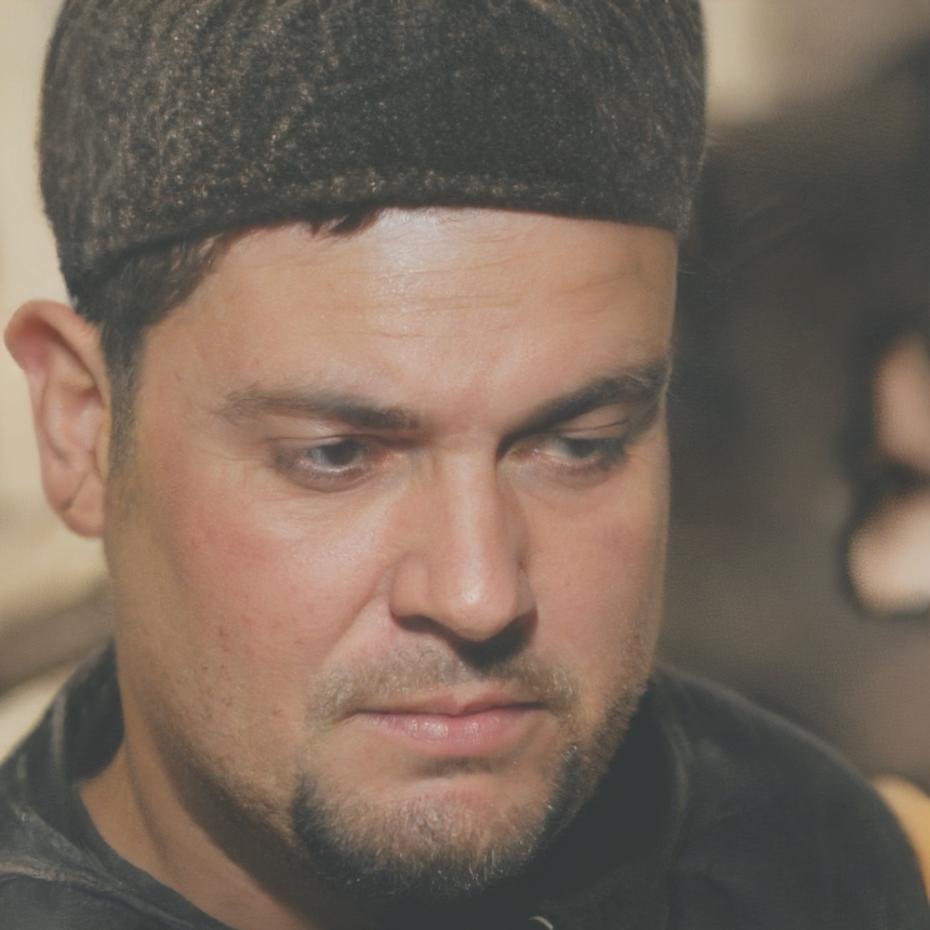From Marketing to Mobile Games
Hassan worked in digital marketing for three years before discovering his love for game development. He started with zero programming knowledge but had always been fascinated by how mobile games worked.
The turning point came when he joined our comprehensive program in September 2024. Instead of jumping into complex projects, Hassan focused on understanding Unity fundamentals and C# programming through small, manageable exercises.
By February 2025, Hassan had completed his first puzzle game - a simple but polished match-three concept. More importantly, he learned how to debug problems, optimize performance, and think like a developer. Today, he's working on his second project and considering freelance opportunities.
"The methodical approach made all the difference," Hassan says. "I learned that game development isn't about grand ideas - it's about solving small problems every day until something amazing emerges."




